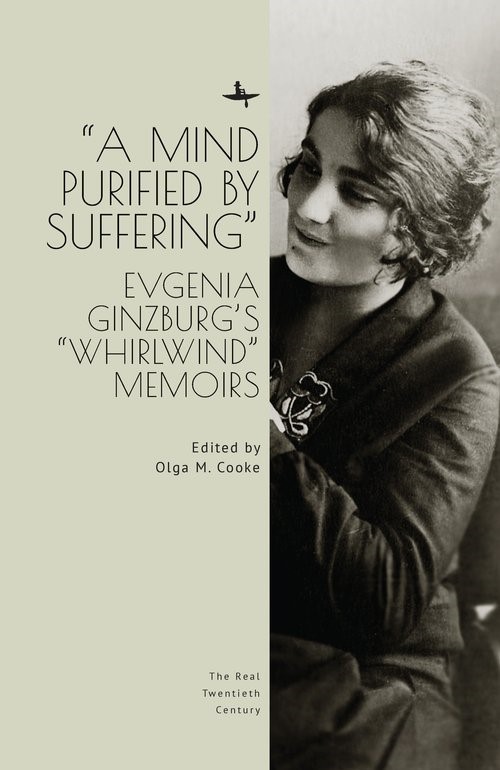2018 School Spending Survey Report
“A Mind Purified by Suffering”: Evgenia Ginzburg’s “Whirlwind” Memoirs
COPY ISBN
VERDICT A significant title for scholars of Soviet literature, but a less compelling book for those seeking the wider meaning of Ginzburg’s fate in the 20th century.
RELATED
ALREADY A SUBSCRIBER? LOG IN
We are currently offering this content for free. Sign up now to activate your personal profile, where you can save articles for future viewing




Comment Policy:
Comment should not be empty !!!